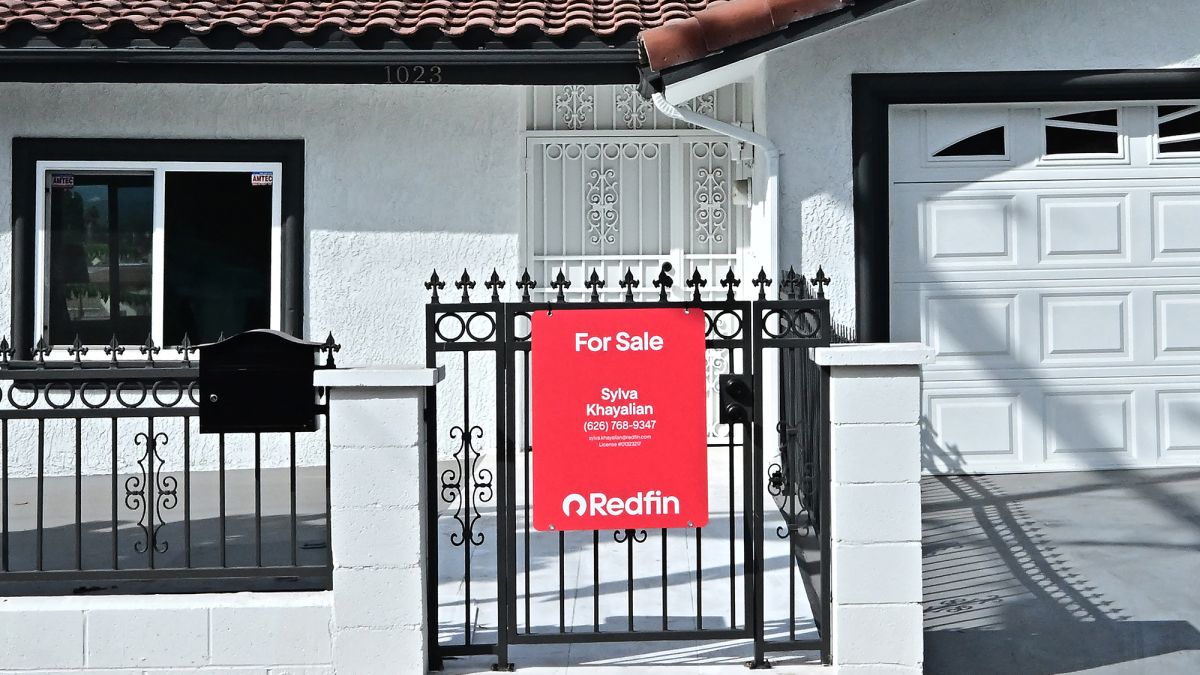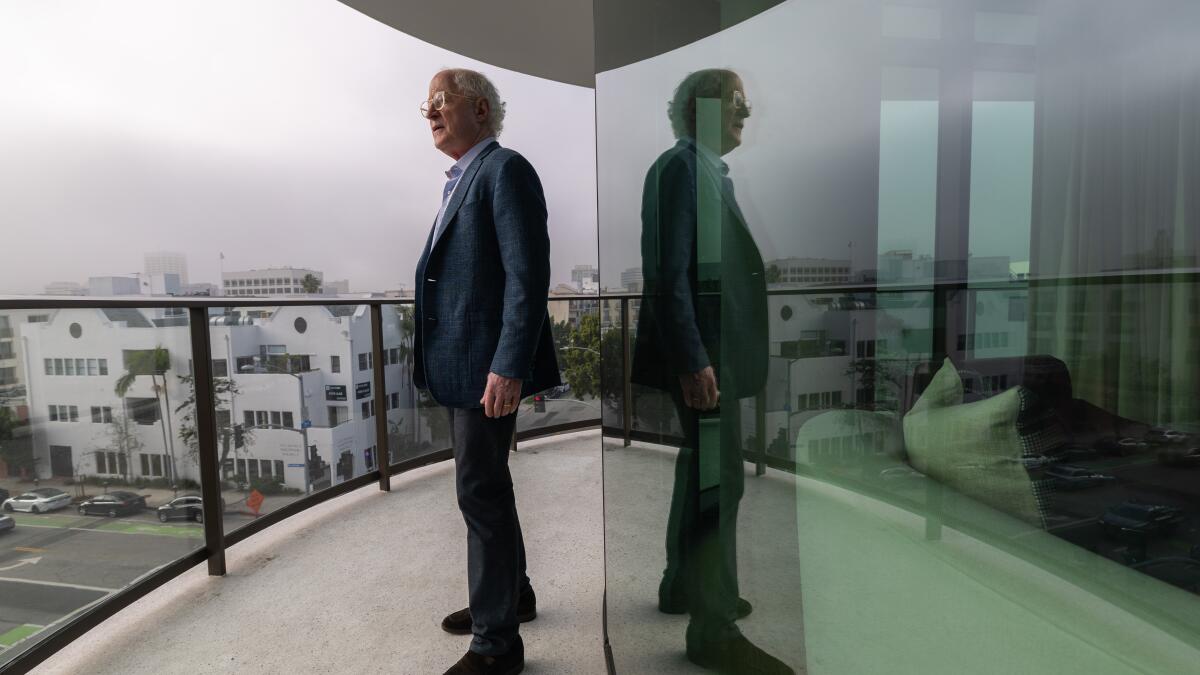C
alvin Harris, the Scottish DJ and producer, claims his long‑time financial adviser, Thomas St. John, siphoned $22.5 million from his accounts to bankroll a Hollywood real‑estate venture that turned out to be a “boondoggle.” The project, called CMNTY Culture Campus, was supposed to be a 460,000‑square‑foot complex featuring recording studios, office space and artist lounges. St. John, who had advised Harris for 13 years, began developing the site around 2020. By 2023 the development was short of cash, and St. John allegedly asked Harris for an emergency loan.
According to Harris’s lawyers, St. John handed him paperwork without providing any substantive details about the project. Harris, whose legal name is Adam Wiles, supplied a $10 million loan and a $12.5 million equity stake. The attorneys say they still do not know where the money went and that St. John never intended to return the full value of Harris’s investment. Shortly after the funding, St. John is alleged to have directed $11.7 million to an entity he controls, a claim he denies.
Harris’s counsel describes the venture as either a complete waste or outright fraud. In 2024 the developers announced a pivot to a residential project on the same corner of Sunset Boulevard and Highland Avenue, citing “shifting market dynamics.” St. John’s attorney, Sasha Frid, told Variety that Harris is one of several investors in a new plan that will feature 750 apartments across two towers (34 and 38 stories), 90 low‑income units, and mixed retail and creative spaces. Frid said Harris pushed for the development, became dissatisfied with its pace, and opted for private arbitration. She added that the project remains viable and could reach a $900 million valuation upon completion, while St. John denies any misconduct.
The $10 million loan was due on January 31, 2025, but the principal and interest remain unpaid. St. John reportedly ceased acting as Harris’s adviser in April. Harris has requested detailed information about the investment, but the responses have been limited. After filing the arbitration claim, his attorneys discovered that the project’s financial health was deteriorating. They secured a stipulated agreement preventing the company from dissipating funds during the arbitration process, and on Friday filed a petition in the Los Angeles Superior Court to enforce that agreement.













